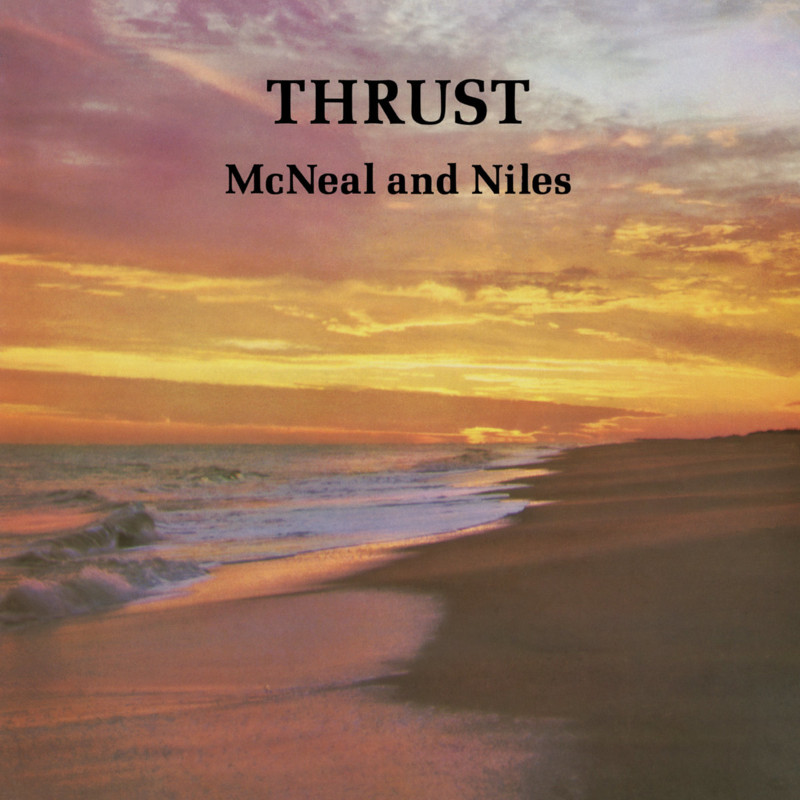In 2018, I bought the last EDC bag I’m sure I’ll ever need, the currently archived Filson 258 computer briefcase. It’s survived plane, bus, and car travel to say nothing of my daily grind. The only time I carry an alternative is when I’m making a conscious effort not to be like the guy in the Etgar Keret story “What Do We Have in Our Pockets”.
I’ve been told that I’m hard on bags, which I never really believed. And yet, here’s the evidence of what I’m able to do to a Filson bag in a mere 6 years.

Thanks to Filson’s famous guarantee, I’ve shipped it over on their dime for an evaluation and, hopefully, a free repair. Of course I’m obsessively tracking it, and I wasn’t happy to find that it ended up sitting in a UPS facility in Hodgeson, IL for a full 24 hours before moving on to its next destination on its way to Filson HQ. But it finally moved on this morning toward Filson HQ. Needless to say, being without it has not been any kind of load off.






